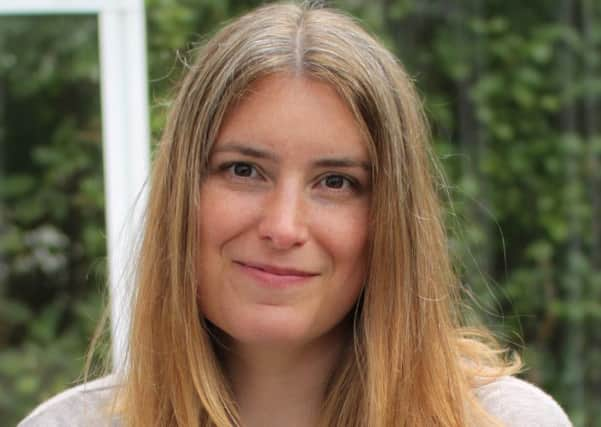A level playing field


Although women greatly outnumber men as readers – they buy two thirds of the books sold in the UK – there is plenty of anecdotal evidence to suggest that when it comes to getting published, women writers lag far behind their male counterparts.
It is this gender bias that US-born Leeds-based writer, academic and researcher Laurie Garrison is seeking to redress with a new online forum that aims to help level the playing field. Garrison, who has lectured in Victorian literature at a number of UK universities, runs the website and blog Looking for Xanadu, offering courses and practical advice for women writers. She is also behind the hashtag #women_writers, an online community for women to support each other and discuss their passion for writing.
Advertisement
Hide AdAdvertisement
Hide Ad“Back in February I decided I was going to start up a business. I knew it was going to be about writing and publishing but I wasn’t entirely sure beyond that,” says Garrison. She began researching and found there was a lot of activity online which was particularly interesting and seemed an area with much potential for development.
“I kept finding reference to a woman writer who had submitted a manuscript to publishers under a male name and under a female name. She got much more positive responses under the male name.
“The majority of literary prizes are awarded to men and in lists of ‘best’ novels, men appear more frequently than women. Vastly more books by men are reviewed and vastly more of those reviewers are men. It seemed to me that there was this uncritical acceptance that men were going to get the accolades.”
According to Garrison women make up around 80 percent of students on English Literature degree courses, they also outnumber men as attendees on writing courses and as audience members at literary festivals, so why doesn’t this translate into publishing deals? “I felt that in many cases women were just not making it past the first hurdle,” says Garrison. “Men are getting most of the book deals and more media coverage, there is an unconscious bias in the publishing industry.” Garrison has already developed a DIY online marketing course, there is also a monthly live Twitter chat, plus author interviews and contributions from people who work in publishing.
Advertisement
Hide AdAdvertisement
Hide AdPlans are already in the pipeline for flexible online creative writing courses. “It will be small group teaching with a carefully managed atmosphere that isn’t competitive,” she says. “And there will be a focus on resilience and how to deal with rejection.”
Earlier this year Garrison released the self-published manifesto Women Writers in the 21st Century: How We Can Make Online Learning, Marketing and Publishing Work for Us, an essay which discusses this gender bias and how women can use the online world to effect change, by creating a space for women writers to share their experiences, build a supportive community and explore the growing alternatives to traditional publishing. It is a call to arms and is optimistic about these new ways of reaching an audience.
“In the 21st century, the way a book is published is much less important than what the audience thinks of it,” Garrison writes. “I hope this is a sign that the time where a white, male canon can be held up to be the best in literature, regardless of what the readership may think, is coming to an end.”
lookingforxanadu.co.uk